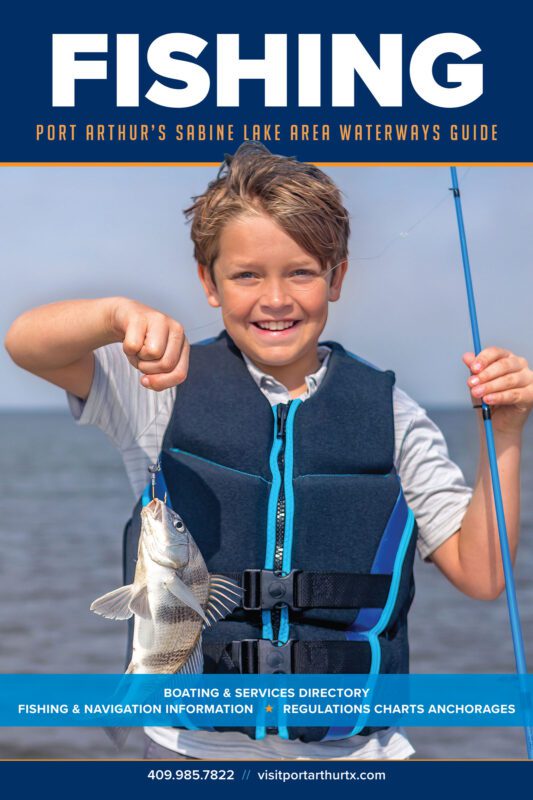Think Green, 5 Easy Ways to Clean up the Beach this Summer (or anytime)
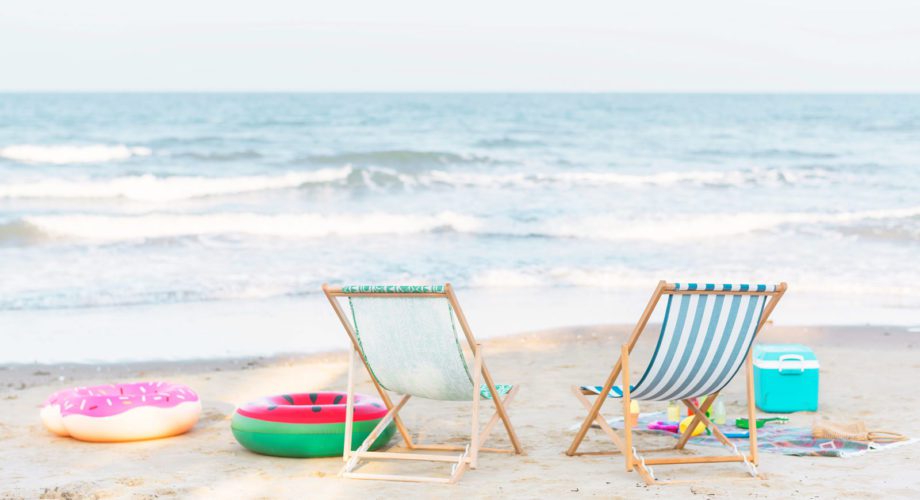
Beaches are the gateway between our world and the ocean. For many of us, the beach is our happy place. Warmer months draw thousands of vacationers to beaches around the globe and sometimes visitors bring waste. Our beaches are fragile environments, and we can all take part in keeping them healthy and pristine! Here are 5 easy ways to clean up the beach this summer (or anytime):
#1 Plan Ahead for Your Next Beach Vacation
If you’re already planning a trip to Sea Rim State Park, McFaddin or any beach- and we hope you are- there a few ways that you can plan-ahead for cleanup success:
- Along with your beach towel and umbrella, pack a trash bag that will be useful to your friends and family throughout your stay at the beach.
- While most beaches supply garbage cans, if you’re interested in natural beaches and secluded spots, it’s best to be prepared.
- Plus, it’ll be easier to lug all of that trash to the bin if you’ve planned ahead and brought your own.
Pro tip: If you like the idea of taking an evening stroll just to look for seashells and pick up wayward beach trash, consider packing gloves or a drug store grabber to keep yourself safe. These extra tools will boost your confidence and yield much better results.
#2 Join a Local Beach Clean Up
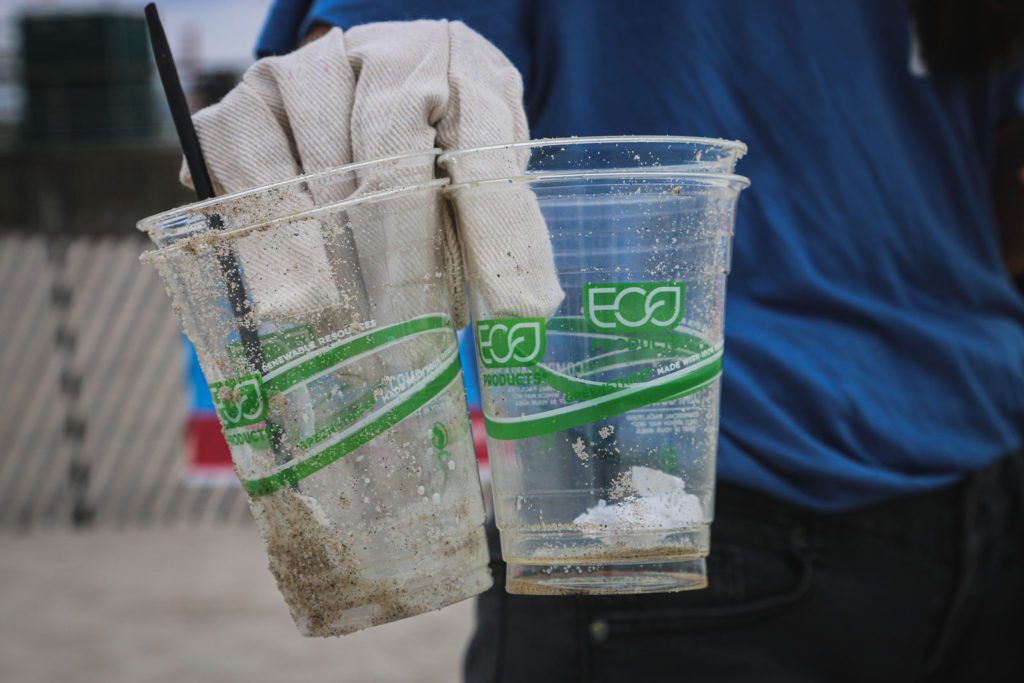
Due to the tide patterns in the Gulf of Mexico, trash dumped anywhere in the gulf is likely to end up on a Texas beach. As a result, daily cleanup is a must. Most communities offer official beach clean up days. In Port Arthur, you can join Texas Adopt-A-Beach Program’s Beach Cleanups.
- Sea Rim State Park will be offering an official Adopt a Beach Clean Up on September 21.
After a day’s work on the sandy shores, maybe you’ll be inspired to start your own clean up. It’s as easy as picking a spot, gathering friends, and getting to work. Any little bit helps, so get to planning. Your fishy friends will thank you!
#3 Eat Sustainable Seafood
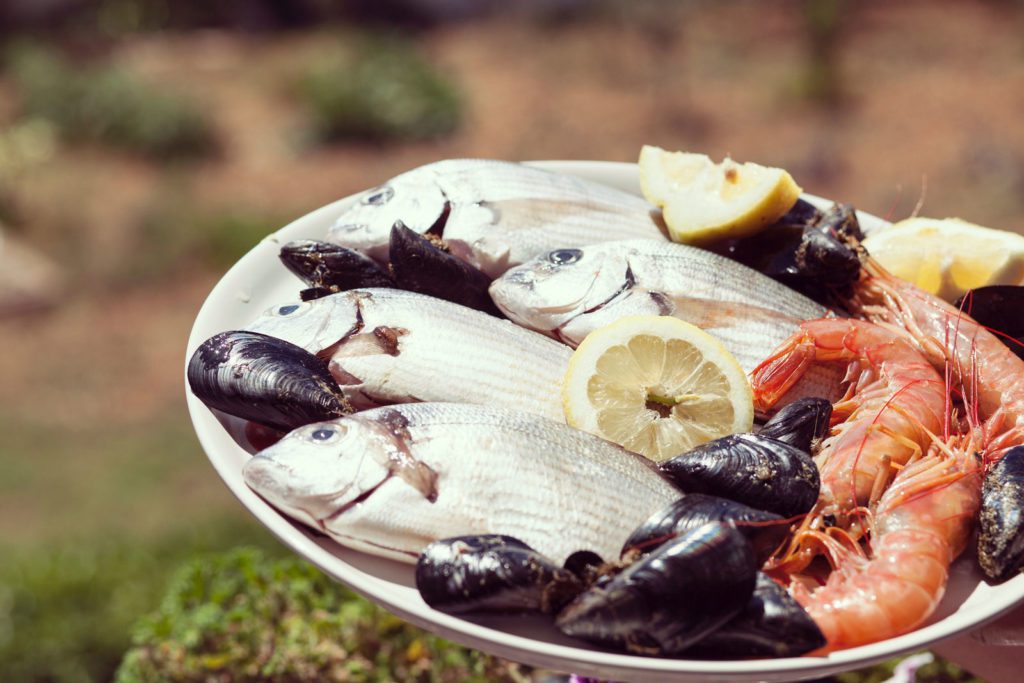
Where we find our seafood and how we obtain it are two hot topics! Eating sustainable seafood is all about fishing responsibly. Responsible fishing allows for continuous fishing in oceans and other waters for edible food. Overfishing can obliterate entire fish species, harm the environment and cause issues for other fish dependent on those two factors. Here are a few ways you can navigate this sometimes ‘polluted’ topic:
- Find a local seafood shop and eat seasonal fish (ask questions!)
- Check the label for “MSC” to ensure it’s been properly sourced
- Eat Wild – wild caught salmon and vegetarian fed fish are great options
# 4 Think Green and Use Less Plastic
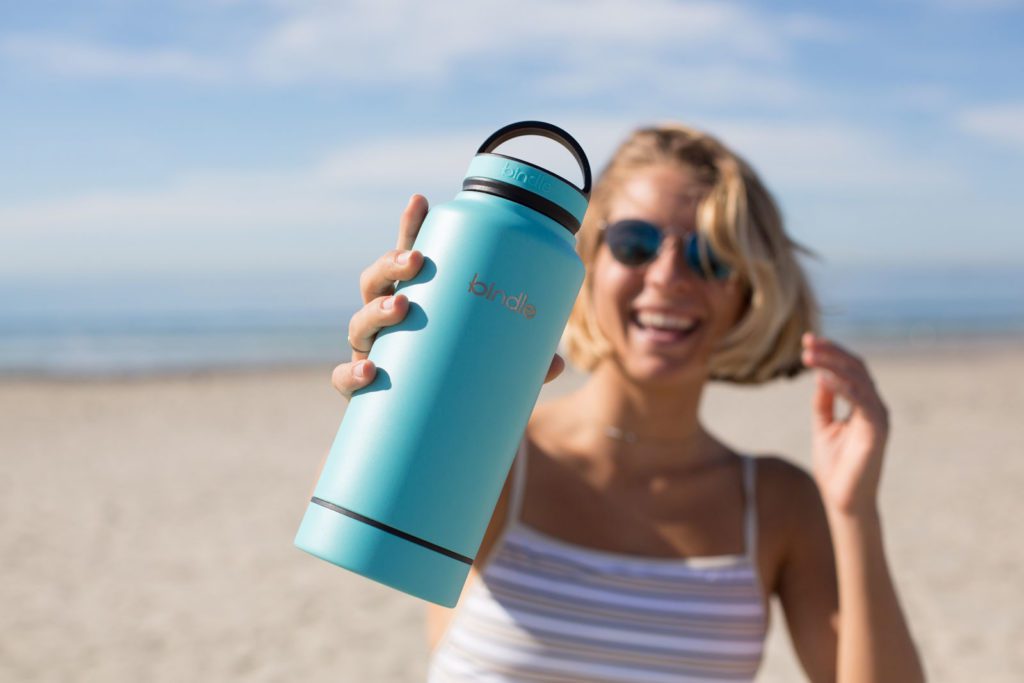
Take a look around. Plastic is everywhere! Sadly, plastic waste accounts for about 60-90% of all ocean pollution.* That’s a lot of plastic.
The easiest way to prevent plastic waste is by not using plastic, of course! If you’re leery about the idea, we suggest starting small by switching out your pack of plastic water bottles for a single reusable one. Choose a bottle that will keep your beverages warm and cold, that is easy to tote around and one that you like having on your person! Very soon, you’ll feel the accomplishment of not creating so much plastic waste each week.
Remember, besides the incalculable devastation that plastic causes to the oceans, sea turtles and other marine life, that broken-down plastic eventually makes it back into our food chain. It goes without saying that plastic is not safe for human consumption. Little by little, you might become even more aware of your personal plastic use, and awareness is the first step to using less!
# 5 Recycle
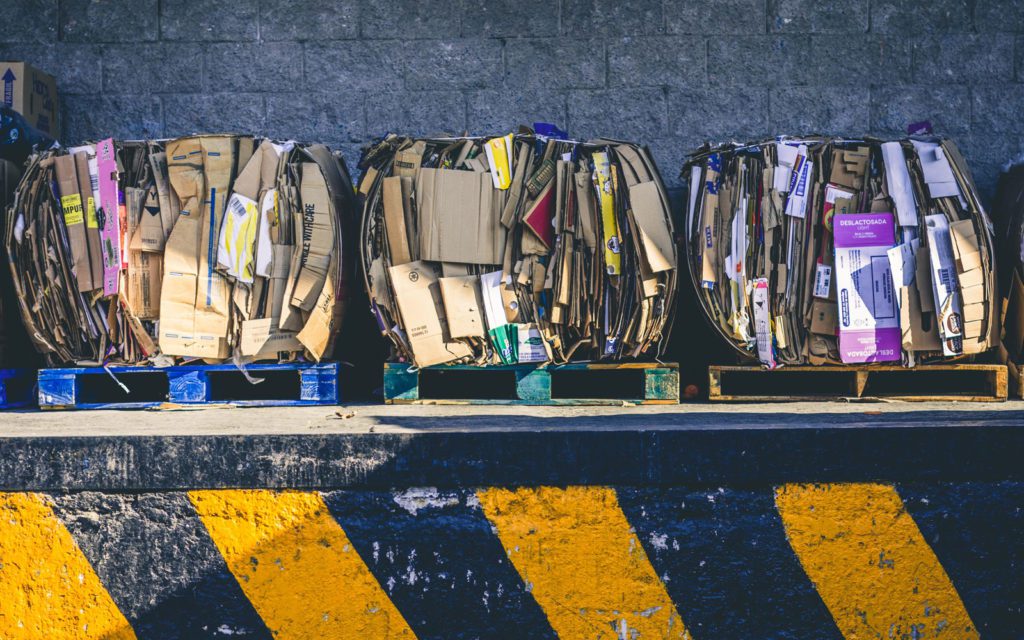
Well, you knew this one was coming! Recycling may sound like just a trendy thing to do, but is it really that important? Can one person or one household really make a difference? We say yes.
Recycling reduces the need for extracting – mining, quarrying and logging, refining and processing raw materials, all of which create substantial air and water pollution. Because recycling saves energy, it then reduces greenhouse gas emissions. In turn, this helps tackle climate change. See? Big difference!
Recycling is one of the best ways to keep our beaches clean. Local drop off recycling is an option in many communities. If you live in a community that does not offer a local recycling outlet, there are many weekly pick-up services that will allow you and your neighborhood friends to get on board with recycling.
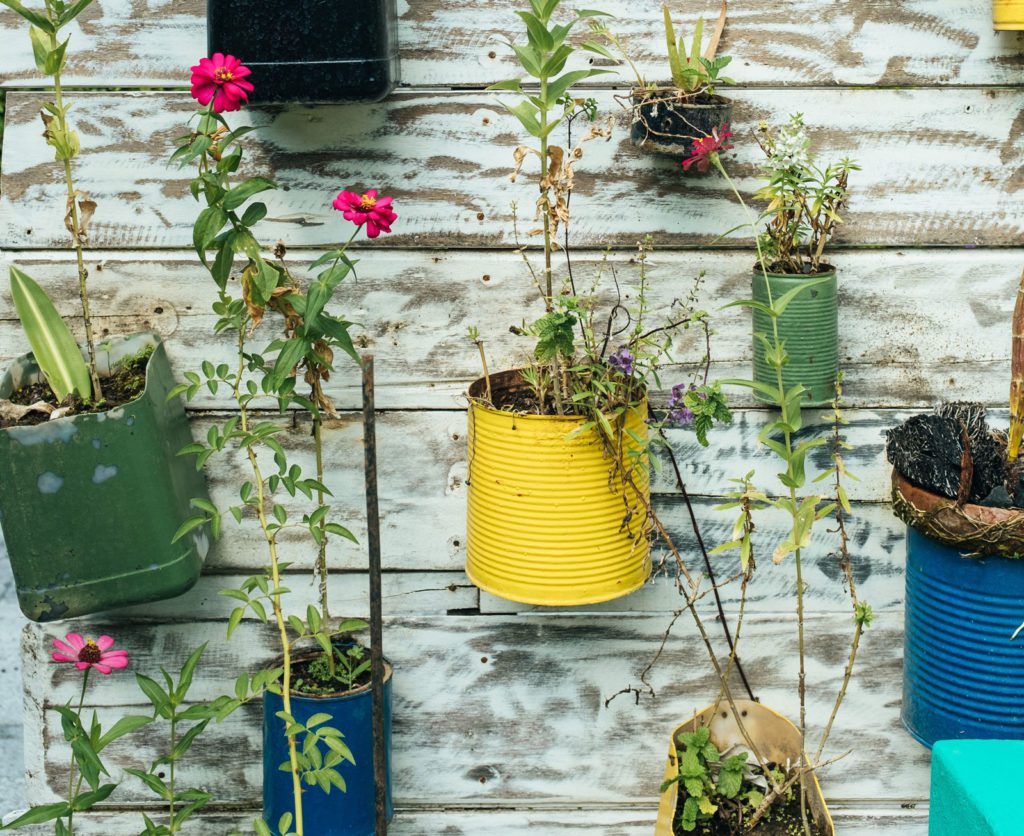
Going Green means you’re open to knowledge and practices that lead to a more environmentally friendly lifestyle. By now, we hope you’re feeling very green and very inspired to adopt a few new personal practices and to get out there and clean up the beach this summer (or anytime).
By Callie Summerlin



